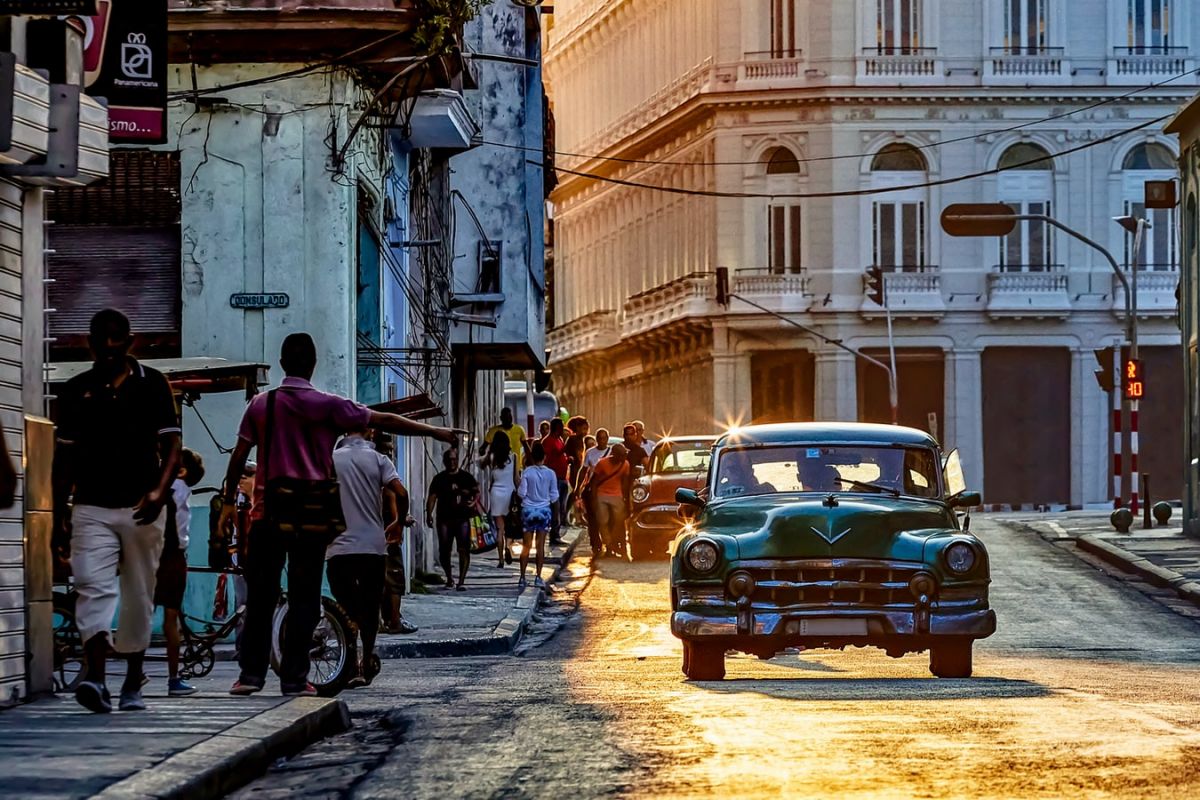The habit of smoking cigars spread from Spain through Europe, where cigars were made from Cuban tobacco in Seville starting in 1717. Soon the demand for higher quality cigars arose, and the "Seville," as the Spanish cigars were called, were supplanted by those from Cuba.
Thanks to a decree by King Ferdinand VII of Spain, Cuba was granted permission to produce its own cigars in 1821, and so "Havanas" were born, and the legend of the Cuban cigar, which continues to this day, began to form. In recognition of this gesture, the Cubans delivered a box of their finest cigars, the "Trinidad," to the court of the King of Spain every year.
